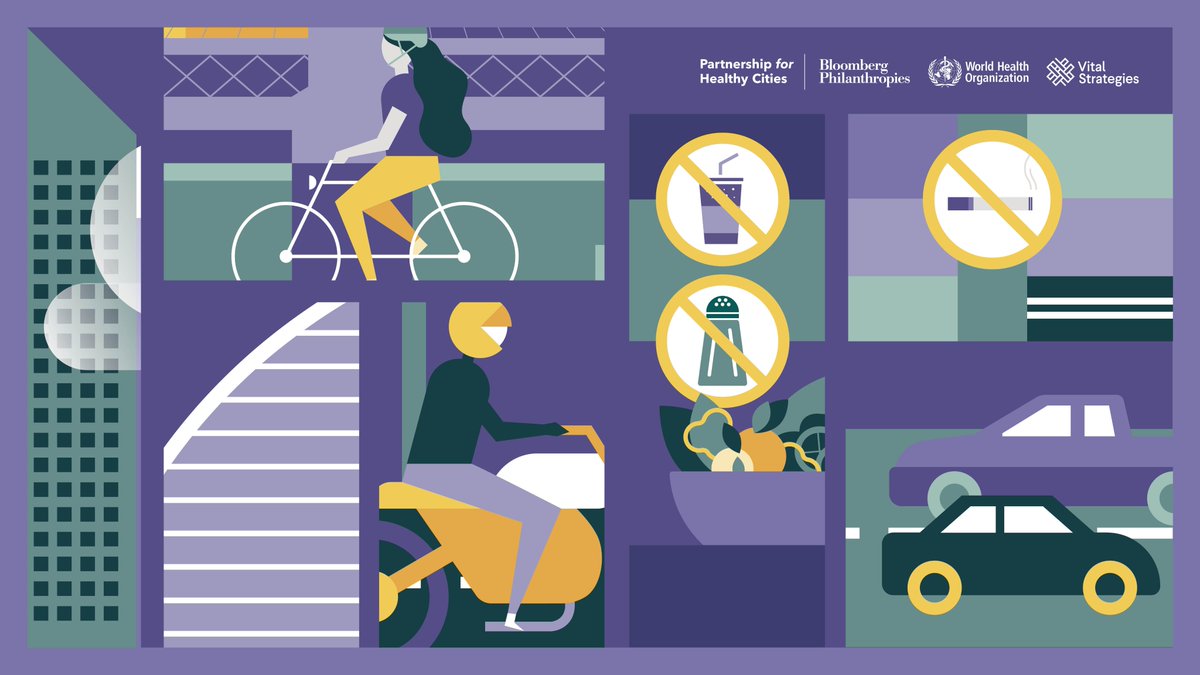
In the past week, over 3.3M new #COVID19 cases have been reported globally. As of 1 Nov, nearly 46M cases and 1.2M deaths have been reported globally. #Europe reported half of global new cases - a 22% increase from the previous week. bit.ly/3mRfSE0
Europe also reported a substantial rise in the number of new #COVID19 deaths, or a 46% increase compared with the previous week.
The countries reporting the highest number of #COVID19 cases in the past week are the same as in previous 4 weeks: The US, India and France.
Since the start of the #COVID19 pandemic, 9 countries have reported more than 1M confirmed cases: The US, India, Brazil, Russia, France, Spain, Argentina, Colombia, and the UK.
Since the start of the #COVID19 pandemic, there has been an increase in the proportion of confirmed cases in younger population groups and a decrease of the proportion of cases aged 65 and older.
Critically, while most people with #COVID19 recover after 2-6 weeks, there is increasing documentation of long-term effects, including among younger and non-vulnerable groups.
• • •
Missing some Tweet in this thread? You can try to
force a refresh








